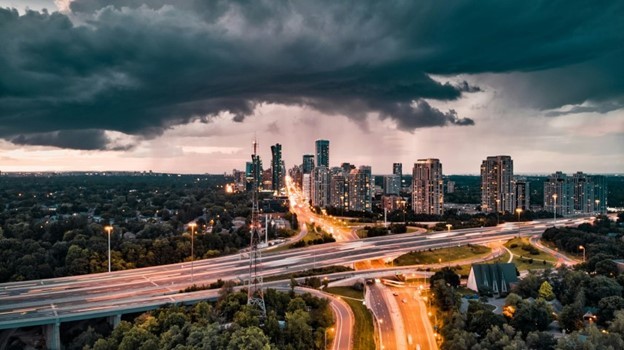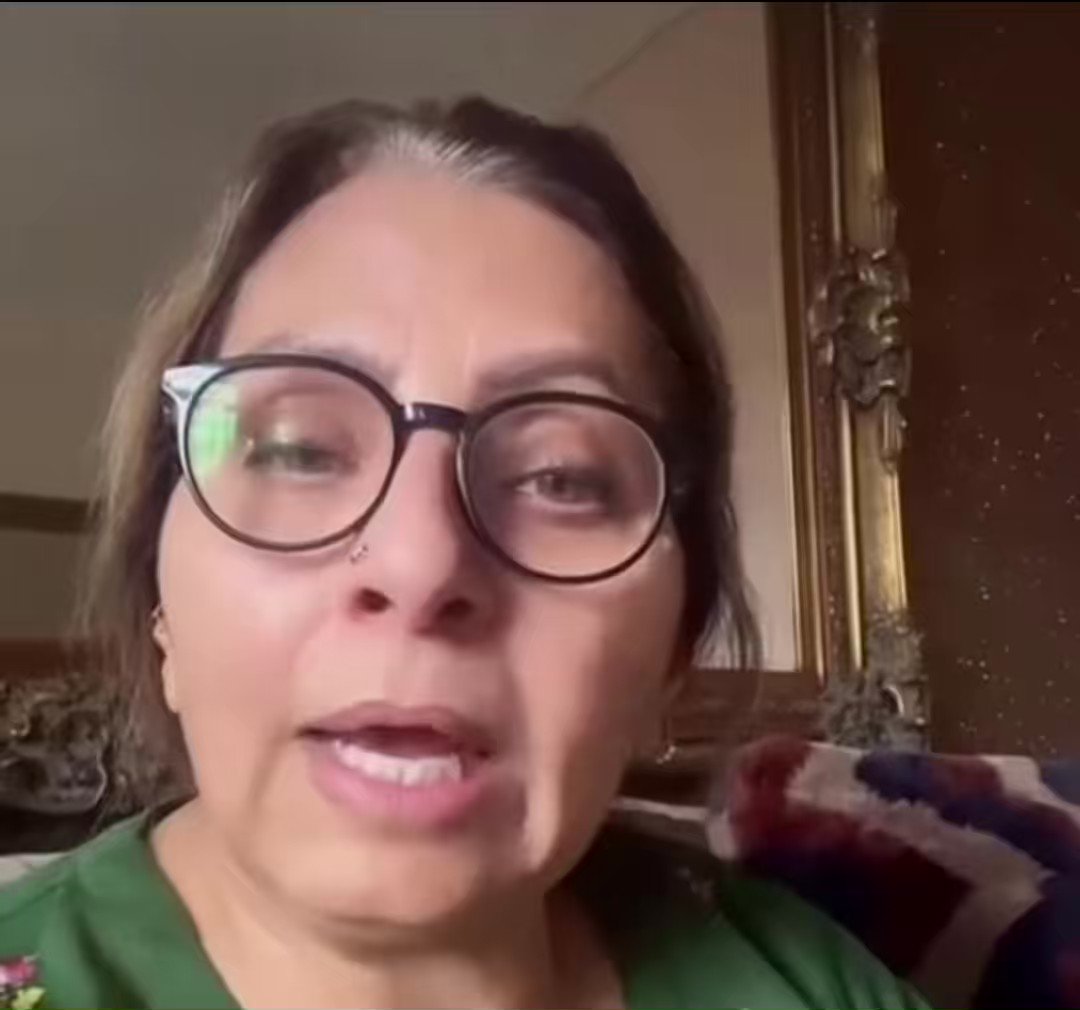Wildfire Speculation: Examining The Market For LA Fire Bets

Table of Contents
The Growing Market for Wildfire Insurance and Derivatives
The increasing frequency and intensity of wildfires in Los Angeles, fueled by climate change and urban sprawl, have driven a surge in demand for wildfire insurance policies. Property values in high-risk areas are substantial, making the potential for catastrophic losses significant. This has, in turn, fueled the emergence of a complex market of financial instruments tied to wildfire damage. These include traditional homeowner's insurance policies, but increasingly also encompass more sophisticated financial derivatives like catastrophe bonds and indices.
- Rising premiums for homeowner's insurance in high-risk zones: Insurance companies are forced to raise premiums to offset the increased risk, placing a substantial financial burden on homeowners in vulnerable areas. This creates a direct link between wildfire risk and the financial stability of individuals and communities.
- Increased interest from reinsurance companies in wildfire risk assessment: Reinsurance companies, which insure insurance companies, are heavily involved in analyzing and quantifying wildfire risk. This assessment directly informs the pricing and availability of insurance policies, making accurate risk modeling crucial for the entire market.
- Development of sophisticated wildfire risk models used by insurers and investors: Advanced statistical models, incorporating data on weather patterns, vegetation density, topography, and historical fire data, are used to predict the likelihood and severity of future wildfires. These models are essential for pricing insurance policies and catastrophe bonds.
- Examples of specific catastrophe bonds linked to California wildfire events: Catastrophe bonds (cat bonds) are a type of insurance-linked security designed to transfer wildfire risk from insurers to investors. These bonds pay out only if a specified wildfire event occurs, exceeding a pre-defined threshold of damage. The payout is inversely proportional to the severity of the event, making cat bonds an alternative way to manage wildfire risk.
Predictive Modeling and Wildfire Risk Assessment
Data science and predictive modeling are becoming increasingly important in assessing wildfire risk. These models utilize vast datasets to forecast the probability and extent of future wildfires. Factors considered include: weather patterns (temperature, humidity, wind speed), vegetation density and type, proximity to urban areas, and historical fire data.
- The use of satellite imagery and AI in wildfire prediction: Advanced satellite imagery and AI algorithms are used to monitor vegetation health, detect early signs of fire ignition, and predict fire spread. This technology provides valuable real-time data for wildfire management and risk assessment.
- Limitations of current predictive models and uncertainties: Despite advancements, predicting wildfires remains challenging. Unpredictable weather patterns, variations in vegetation, and human factors can significantly affect fire behavior. The models are thus probabilistic, not deterministic.
- The influence of climate change on wildfire prediction accuracy: Climate change is exacerbating wildfire risk, making accurate prediction even more challenging. Shifting weather patterns, prolonged drought periods, and increased temperatures are altering the conditions that fuel wildfires, making existing models less accurate.
- The ethical considerations of using predictive models for financial gain: The use of predictive models for financial gain raises ethical concerns. If models are not transparent or accurate, they could lead to unfair pricing of insurance policies or exploitation of vulnerable populations.
Ethical and Societal Implications of LA Fire Bets
Profiting from wildfire events raises significant ethical concerns. The possibility of market manipulation and information asymmetry presents risks. The market for LA fire bets is thus not without its ethical dilemmas.
- Concerns about exacerbating the financial burden on wildfire victims: Speculation on wildfire events could potentially increase insurance premiums, making it more difficult for individuals and communities to recover from losses. This creates a moral hazard.
- Potential for speculation to drive up insurance premiums: Increased speculation might lead to higher insurance premiums, even in areas not at immediate risk, as insurers factor in the increased potential for losses from wildfire events.
- The role of regulation in mitigating potential risks: Clear and effective regulation is crucial to mitigate potential risks associated with speculation. This includes oversight of data used in risk assessment, transparency of financial instruments, and consumer protection measures.
- The need for transparency and responsible investment practices: Transparency in data collection and modeling, along with responsible investment practices, is essential to avoid the perception—or reality—of exploiting wildfire events for profit.
Regulation and Oversight of Wildfire-Related Investments
Current regulatory frameworks governing wildfire-related investments are fragmented. There's a need for stricter oversight to ensure market integrity and protect consumers.
- The role of insurance regulators in managing wildfire risk: Insurance regulators play a critical role in monitoring insurance pricing, ensuring solvency, and managing the overall risk associated with wildfire insurance. However, they may need to adapt to the evolving landscape of financial derivatives.
- The potential for federal intervention to regulate wildfire derivatives: Federal intervention may be necessary to regulate the market for complex financial instruments linked to wildfire risk, ensuring fair pricing and preventing market manipulation.
- The importance of investor education and responsible disclosure: Investors need to understand the risks associated with wildfire-related investments and be provided with clear and accurate information about the underlying risks.
Conclusion
The market for "LA Fire Bets," encompassing wildfire insurance and related financial instruments, is a complex and evolving landscape. While offering opportunities for risk management and investment, it raises significant ethical and societal concerns. Predictive models play a key role, but their limitations and the potential for misuse must be acknowledged. Regulation and transparency are crucial to ensuring responsible development of this market.
Understanding the intricacies of wildfire speculation, including the risks involved in LA fire bets, is crucial for both investors and policymakers. Further research and informed discussion are vital to navigate the ethical challenges and ensure a fair and equitable system. Learn more about the implications of wildfire speculation and the evolving landscape of California fire insurance to make informed decisions.

Featured Posts
-
 Toronto Home Sales Plummet 23 Year Over Year Drop Prices Fall 4
May 08, 2025
Toronto Home Sales Plummet 23 Year Over Year Drop Prices Fall 4
May 08, 2025 -
 Angels Hitters Struggle 13 More Strikeouts In Twins Sweep
May 08, 2025
Angels Hitters Struggle 13 More Strikeouts In Twins Sweep
May 08, 2025 -
 Gms Canadian Production Cuts Blaming Us Tariffs
May 08, 2025
Gms Canadian Production Cuts Blaming Us Tariffs
May 08, 2025 -
 Xrp Up 400 In Three Months Should You Invest Now A Detailed Look
May 08, 2025
Xrp Up 400 In Three Months Should You Invest Now A Detailed Look
May 08, 2025 -
 Luis Enrique I Tregon Deren Pese Yjeve Te Psg Se
May 08, 2025
Luis Enrique I Tregon Deren Pese Yjeve Te Psg Se
May 08, 2025
Latest Posts
-
 Casting
May 08, 2025
Casting
May 08, 2025 -
 Py Ays Ayl Trafy Lahwr Myn Jshn W Hngamh
May 08, 2025
Py Ays Ayl Trafy Lahwr Myn Jshn W Hngamh
May 08, 2025 -
 Lahwr Myn Py Ays Ayl Trafy Shayqyn Ka Jwsh W Khrwsh
May 08, 2025
Lahwr Myn Py Ays Ayl Trafy Shayqyn Ka Jwsh W Khrwsh
May 08, 2025 -
 Krachy Ke Bed Lahwr Myn Py Ays Ayl Trafy Ka Jshn
May 08, 2025
Krachy Ke Bed Lahwr Myn Py Ays Ayl Trafy Ka Jshn
May 08, 2025 -
 Lahwr Myn Gwsht Ky Blnd Asmany Qymtyn Kya Hkwmt Kwyy Hl Nkal Skty He
May 08, 2025
Lahwr Myn Gwsht Ky Blnd Asmany Qymtyn Kya Hkwmt Kwyy Hl Nkal Skty He
May 08, 2025
